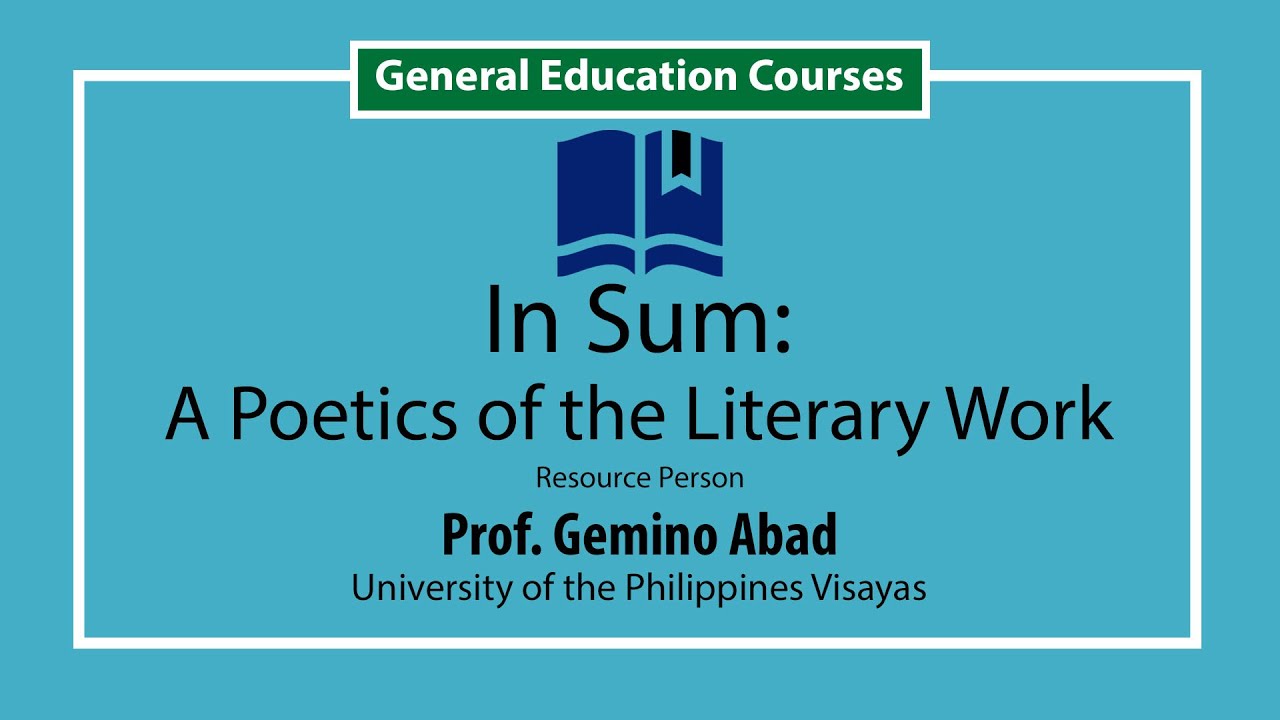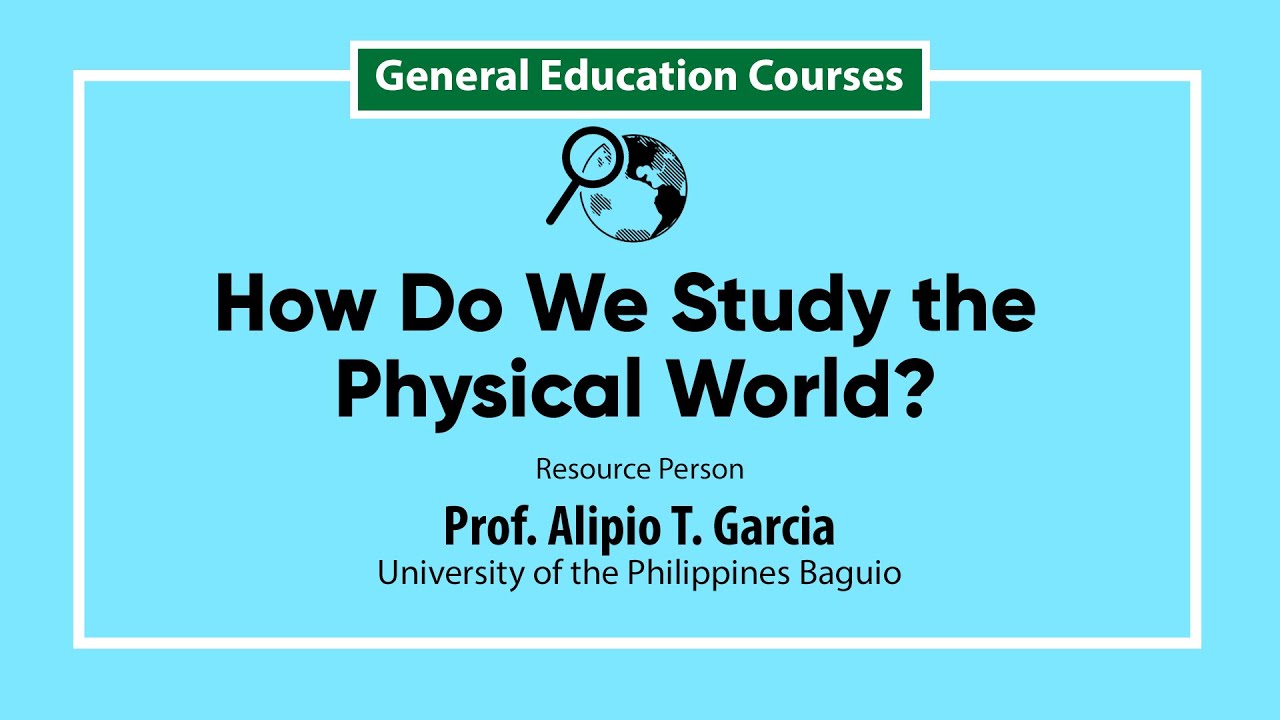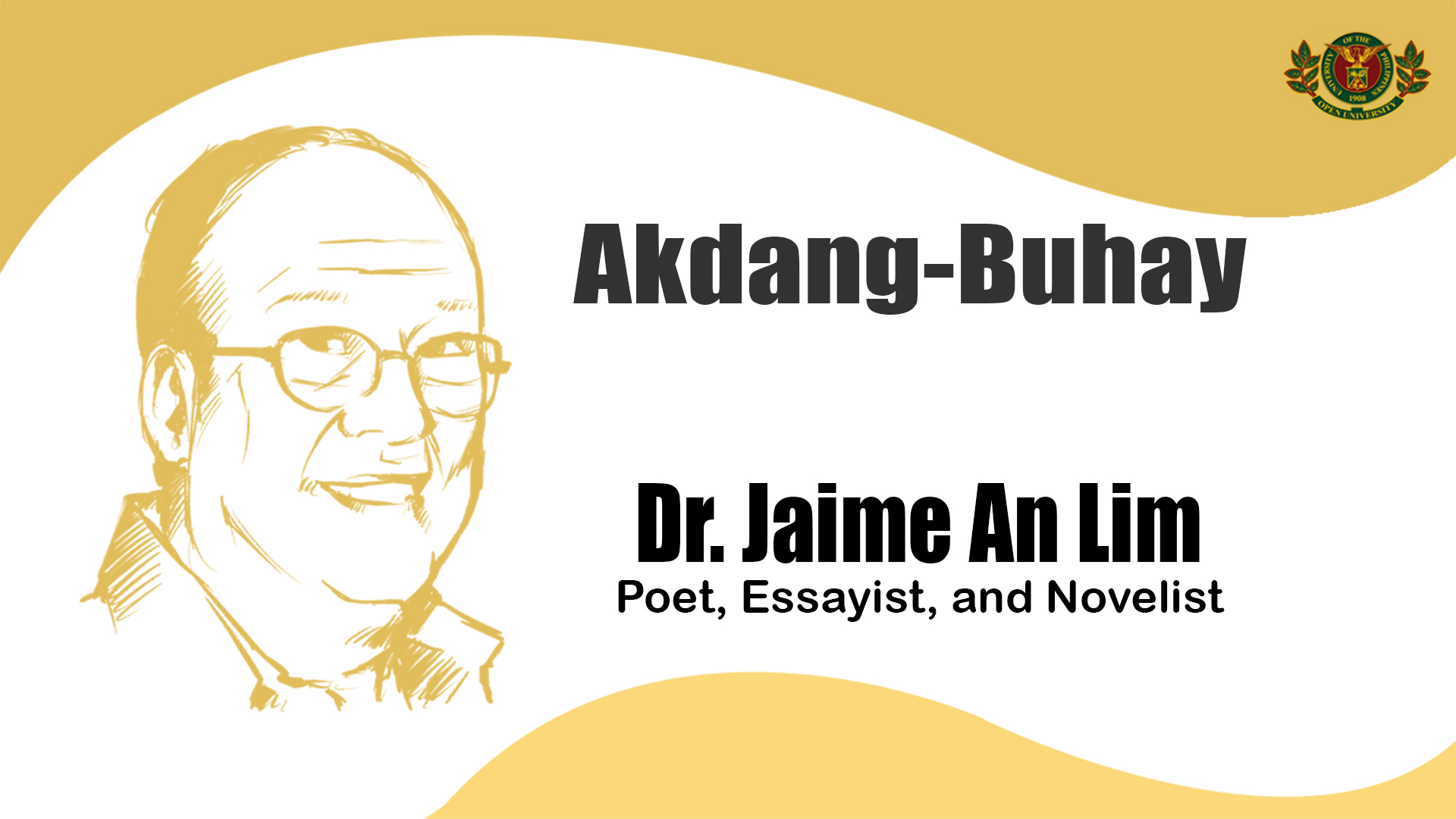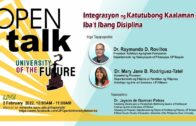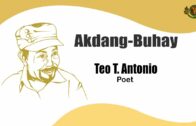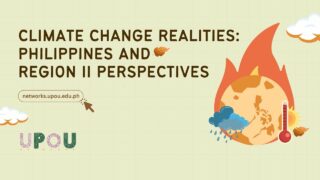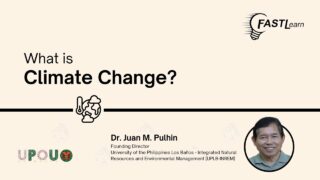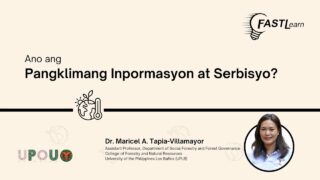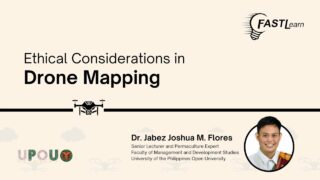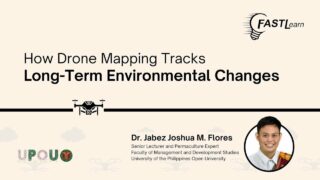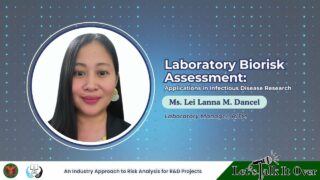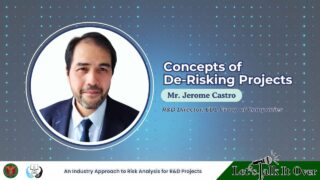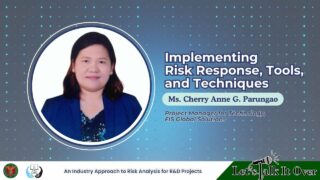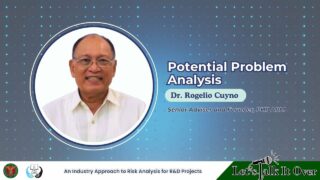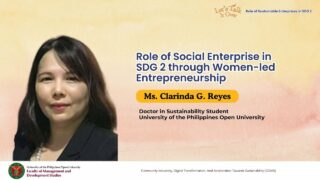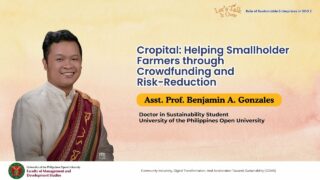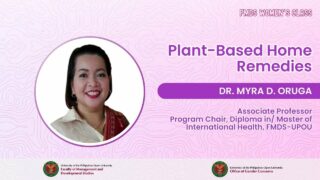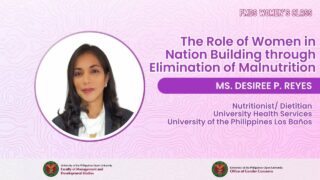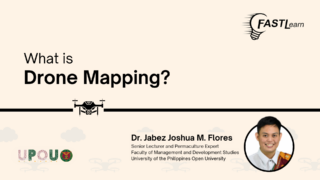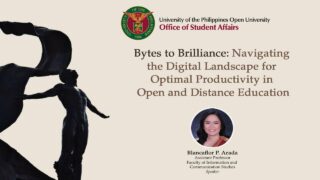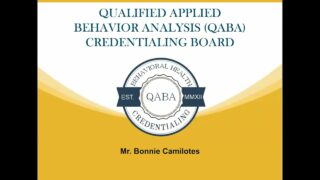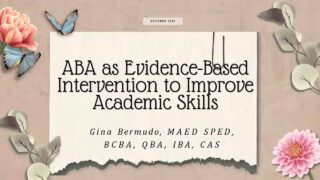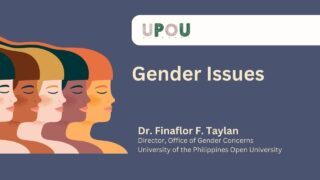A Poetics of the Literary Work: In Sum
Dr. Gemino Abad
This talk has to do with a poetics of the literary work.
First of all, I would like to say, mind and imagination are one. Without imagination there is no thinking nor intuition beyond concept.
“Concepts without intuition are empty,” says Immanuel Kant; “intuitions without concept are blind”.
All great thinkers—scientists, inventors, artists—are men and women of vigorous imagination. In the end, it is the genius or tutelary spirit in imagination shall save humanity and earth.
Man is the only being among other beings on earth that seeks truth in knowledge. Truth-seeking, then, is his being or essence as human. Only the truth satisfies and fulfills his nature. Every man has sole responsibility, for and answers to, his being. The liar abuses language for the word by itself speaks true. Honor is honor, murder is murder. He deceives himself and others as well and degrades his own nature when he abuses language.
What we call the “universal plane” is not the realm of eternal verities, but rather, the site of everlasting quest and questioning. Where there are no questions, the quest ceases. What meaning dwells in one’s experience of living is its truth, as its interpretation. The quest for meaning is the personal aspect of the quest for the truth of things in nature and in human affairs. But one’s meaning isn’t always truth. All our knowing is limited. In a given scientific field, one has either a hypothesis as the most probable meaning of an empirical observation, or the truth of a theory by consensus among scientists or experts in the specific field of that theory; yet, even there, a theory has a certain lifespan. Where an ambiguity impedes thinking, we grope to have a grip on a possible interpretation of an observation or conjecture.
From lives lived or imagined we draw our worldview, moral compass, values, ideals, [and faith]. Our truth is there where love, goodness, beauty are one. What we call “our world” is what we perceive or intuit in our day-to-day living.
“Nothing ever becomes real” says John Keats, “until it is experienced”; our world, he says, is “the vale of Soul-making”: we create ourselves.
All the meaningfulness of our human condition springs from what we take as the truth in our experience. The imagination, our mind’s profoundest faculty or power, makes real to the mind what it abstracts as the truth in our experience. From there, we weave the words of a language to give it an apprehensible form.
Within the writer’s word-weave, the interplay words bears out his meaning: saysay, significance.
Our reality is evermore only a human reality. Individually, we have no access to the consciousness of the other person or animal. A cat’s perception of its living reality is its own. What is beyond the mind’s reaches transcendental—or mystical if you like—beyond imagination where no words break.
Let’s talk about language.
Language, a conceptual, evocative system of representation, is our only means to translate into an apprehensible verbal form our thoughts and feelings about our world in our own time and culture.
Of course, other than words there are other forms of language: numbers, signs, symbols, graphs… Language is the finest invention of the imagination. Thus, language and imagination are one.
In speech and writing, language translates—that is to say, ferries across its words—our perception of reality.
Our words are concepts, abstractions.
The word evokes an image, the image lights up its meaning. Say, “justice”, an abstraction. What image in your mind does it evoke? That image lights up the concept.
The imagination, to repeat, makes real to the mind what the mind abstracts from our experience, what the mind perceives or intuits in the world.
What is most real is what is most imagined. The meanings of our words do not arise from themselves, or from their differential play, so much as from lives lived in a given historical time and culture.
What meaning dwells in one’s experience is its truth, its saysay.
Truth-saying or truth-bearing is the very nature of language. Words speak true. The sense for language is the basic poetic sense, our deepest sense of reality. It isn’t language that deteriorates but our sense for it which our reading cultivates.
Let’s talk about poetry.
Greek poiein, “to make,” yields the English word “poem”; hence, poem is a generic term for all kinds of literary work, poetry for imaginative literature, and the poet, a figure for all writers as literary artists.
The poem or literary work is work of language and work of imagination—both. It is not written in any given language so much as wrought or shape from it. Wrought from: that is, the poet forges his own path through the wilderness of language—where the words contend for their own image and meaning—for his own clearing in that wilderness. Thus, it can be said [that] the poem’s language is its own. The care for words is care of light.
The poet seeks the light of the living experience itself, either as lived, as imagined, or recalled, or as only imagined as lived. To write, then, is to get real, to breathe life into language. Thus, finally, the poem isn’t its language, it is the living become word. The poem is to live.
The poem, the literary work, is already the poet’s own reading or interpretation of his own experience, as lived or as imagined. Therefore, its being or essence is its meaningfulness or diwa—its soul or spirit. Every reader apprehends that meaningfulness or diwa in light of his own life experience, in his own historical time and cultural space. This is why and how the literary work humanizes us: its subject, paksa or theme, is always a human experience—our experience.
Ubuntu, says Nelson Mandela — freely translated: “I am because we are.” And Albert Camus says, “Every great work makes the human face more admirable and richer, and this is its whole secret.”
Diwa is essentially, in the writing of the poem or literary work, the poet’s own mood or feeling, stance or attitude, outlook or perspective. That mood, stance or viewpoint governs the experience that the poet depicts or simulate. Therefore, diwa is basically the spring of the poem’s dynamis or power to persuade and move the reader intellectually and emotionally. And that power, then, may be taken as the ultimate organizing or structural principle of the whole poem or literary work.
In the poet’s entire corpus, his poems constellate and converse with one another, and therefore, the reader or critic is able to comprehend the poet’s central themes or main concerns and grasp his unique place in his own country’s literary tradition.
The poem bears reader to reader its saysay—the truth of the experience it depicts. Thus, to repeat, the poem is to live. Every reader who has an adequate grasp of the poet’s language draws imaginatively from his own life experience, including his other readings, in order to apprehend the poem’s saysay and diwa. The poem’s interpretation, therefore, may vary from reader to reader. It need only be plausible, because, as you read, imagine, and introspect, you are also read. Thus, it may also be said the poem achieves a life of his own, reader to reader, over the course of time.
We may note parenthetically the word “interpretation” comes from Latin interpretari, to negotiate; interpres, agent: thus, one negotiate with the poet’s text or word weave, with absolute respect for its integrity, and becomes its agent.
Let’s talk about our country.
I agree with formalist critics as to formal excellence in the craft of writing, but I would insist [that] a purely formalist perspective would evacuate our poems of the Filipino sense of his world, deplete them of the grit and grace and lively humor in our people’s day to day living where the poem as wrought or shape has earned its saysay and diwa.
I think of Philippine literature as an archipelago of letters because we have many languages, including English and Spanish, both of which have been assimilated over time into our various regional languages. Tagalog, Sugbuanon, Hiligaynon, Warai, Iloco, Bicol, etc.—they are as much Filipino as that evolving Tagalog-based Filipino that we hope would eventually, through great writing from it, become truly our national language. The fact of the matter is any language can express anything at all that the mind seeks to grasp because writing is a discipline of what the words are made to do such that what is wrought can, through the evocative power of imagination on both the writer and the reader’s part, transcend the inherent inadequacies of any language to probe and encompass all of reality. I might add: the very fact that the writer deals in daily life with English and his own native tongue may even be a distinct advantage—that is, if the writer is sensitive and observant, he might become more familiar with that space between languages where precisely he must struggle for clearer expression of his insights with his language of choice.
Let me repeat. The meanings of our words arise mainly from lives lived through a people’s history and culture. Therefore, the poem’s inmost seal is the poet’s country.
For one’s country is how one imagines her, as when we say Inang Bayan. A country is what a people’s imagination owes its allegiance to. The literature by the writers—other artists, of course, and scholars, certainly—[and] the writers, our writers—is what creates the works, is what creates their sense of country which ultimately is forged by their sense for language. The literature is the racial memory and a country is only as strong as her people’s memory—Memory, which is imagination’s heartland. As Nick Joaquin says,“to remember and to sing, that is my vocation.”
The writer stands upon his own ground, his own native clearing: the way his fellow-countrymen think and feel about their world, and so live from sun to sun. In that clearing he forges, shapes language in the smithy of his mind and heart, and grasp his own authentic self. There, in the poetry as wrought, if one reads close and imagines well, the poet, and the scholar also, may well be his own country’s best critic and interpreter. And thereby, he might refresh or enrich a current vision of his country’s destiny, or renew a lost heritage, or even transform it.
Thank you very much.
How useful was this resource?
Click on a star to rate it!
Average rating 5 / 5. Vote count: 1
No votes so far! Be the first to rate this post.
We are sorry that this post was not useful for you!
Let us improve this post!
Tell us how we can improve this post?
